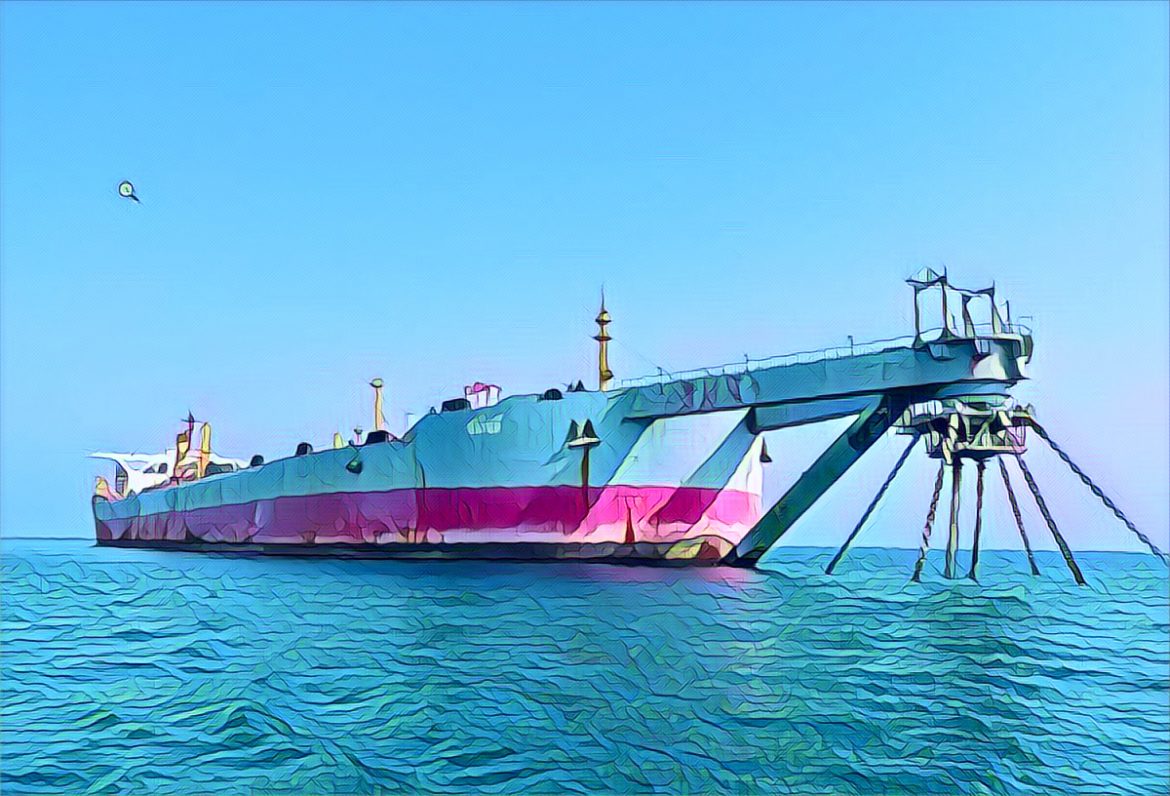Nigeria, Africa’s largest economy, is facing a new threat to its already fragile recovery from the pandemic: the escalating violence and piracy in the Red Sea, a vital route for global trade.
The Red Sea is crucial for shipping more than 15 percent of the world’s maritime trade and 30 percent of container trade, according to the International Chamber of Shipping. But recent attacks on commercial vessels in the area by Iran-backed Yemen’s Houthi rebels have scared off some of the world’s top shipping companies and oil giants.
With disruptions to shipping lanes and rising insurance costs, businesses are bracing for higher prices for imported goods, which could be passed on to consumers in the form of higher inflation.
Nigeria’s inflation rate has been on the rise in recent years, reaching an 18-year high of 28.2 percent in November 2023, according to the National Bureau of Statistics. The World Bank said that the country’s accelerated inflation growth had eroded the N30,000 minimum wage by 35 percent, widening the poverty net with an estimated five million people in 2023.
The country relies heavily on imports for its food and fuel needs, spending billions of dollars annually on foreign products. In the third quarter of 2023, Nigeria’s food importation increased by 41 percent to N643.68 billion, data from the NBS showed.
The Red Sea crisis could worsen the situation, as 40 percent of Asia-Europe trade normally goes through the waterway, according to Simon Heaney, senior manager of container research for Drewry, a maritime research consultancy.
“It has the potential to have a huge economic impact,” John Stawpert, senior manager of environment and trade for the International Chamber of Shipping, told CNBC.
Some of the economies most affected by the trade disruptions would be Greece, Jordan, Sri Lanka, and Bulgaria, according to Bloomberg, which cited analysts.
Those ships that choose to reroute will have to sail around Africa to reach Europe, which is estimated to cause seven to 10 days of delay, according to the report.
Major international shipping companies MSC, Maersk, CMA CGM Group, and Hapag-Lloyd, as well as British oil giant BP, said they would suspend their operations in the Red Sea until the security situation improves.
This means that Nigeria could face shortages and delays of essential goods, as well as higher costs of transportation and insurance.
“We’re already grappling with rising food prices due to domestic factors like insecurity and the ongoing war in Ukraine. Now, with imported goods becoming more expensive, the squeeze on household budgets will only tighten,” Aisha Hassan, an economist at Sofidam Capital, said.
Nigeria has failed to grow enough food for its fast-rising population, which must be fed with staples ranging from rice, beans, tomatoes, and maize, among others.
This has forced the country to import food, thereby putting pressure on its foreign exchange reserves and importing thousands of jobs it would have created if the products were grown locally.
The federal government has in the last seven years spent billions of dollars on various agricultural programs to spur local food production.
However, there is still no significant impact as the country still has a huge demand-supply gap in most of its staple foods, even as the population growth rate stands at 2.5 percent in 2020, according to the World Bank.
“The data is evidence that we still do not grow enough food and we are left with no option but to import,” African Farmer Mogaji, chief executive officer of X-Ray Consulting Limited, said.
He added that the high insecurity rate in the country, which has displaced millions of farmers and disrupted agricultural activities, was another major challenge.
The Red Sea crisis is not only a threat to Nigeria’s economy but also to its security and stability. The country is already facing multiple security challenges, such as the Islamist insurgency in the north-east, the farmer-herder conflict in the central and southern regions, and the separatist agitation in the south-east.
The Red Sea is also a strategic waterway for the movement of arms and illicit goods, which could fuel the violence and instability in the country and the region.
The international community, especially the United Nations and the African Union, should intervene to restore peace and security in the Red Sea, and prevent further escalation of the crisis.
Nigeria, meanwhile, should intensify its efforts to diversify its economy, boost its local production, and address its security challenges, to reduce its dependence on imports and cushion the impact of the Red Sea crisis.
Despite the daunting challenges, Nigeria has the potential to overcome them and achieve sustainable development, if it harnesses its abundant human and natural resources, and fosters a culture of peace and cooperation.
Source: Business Day


